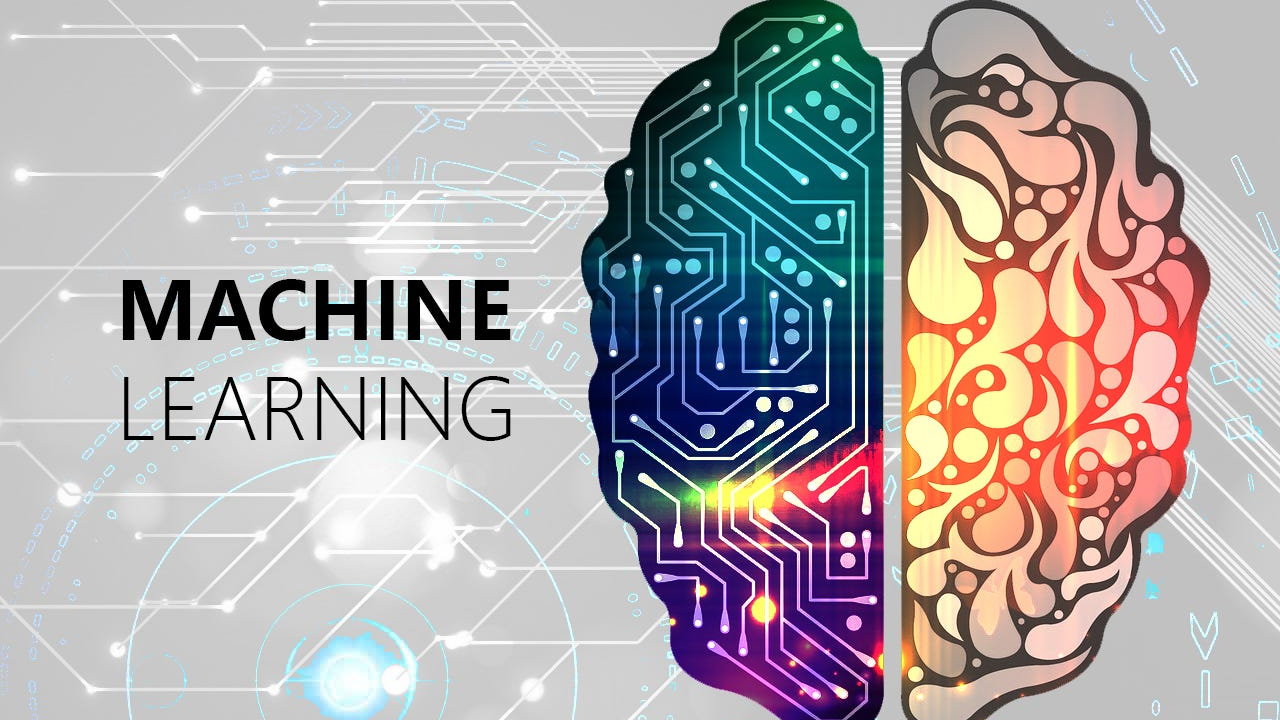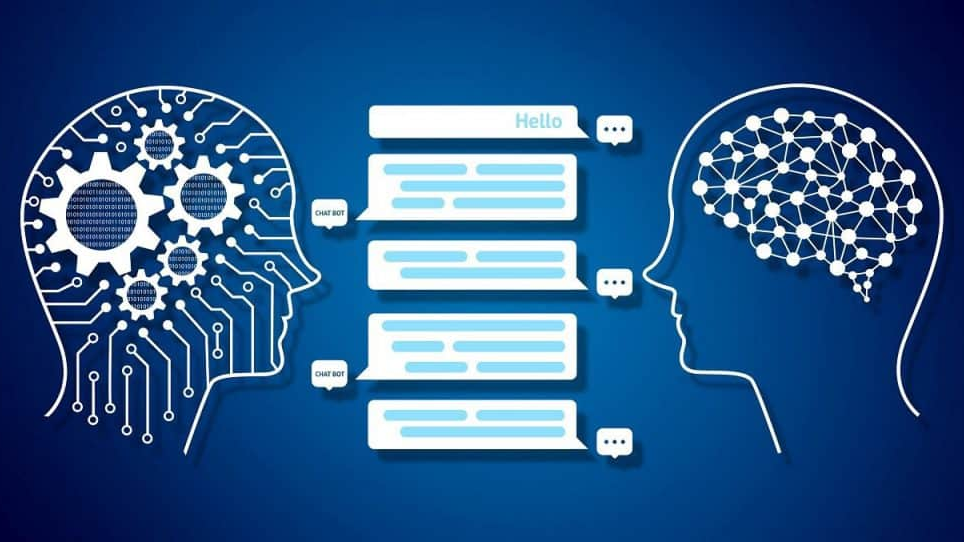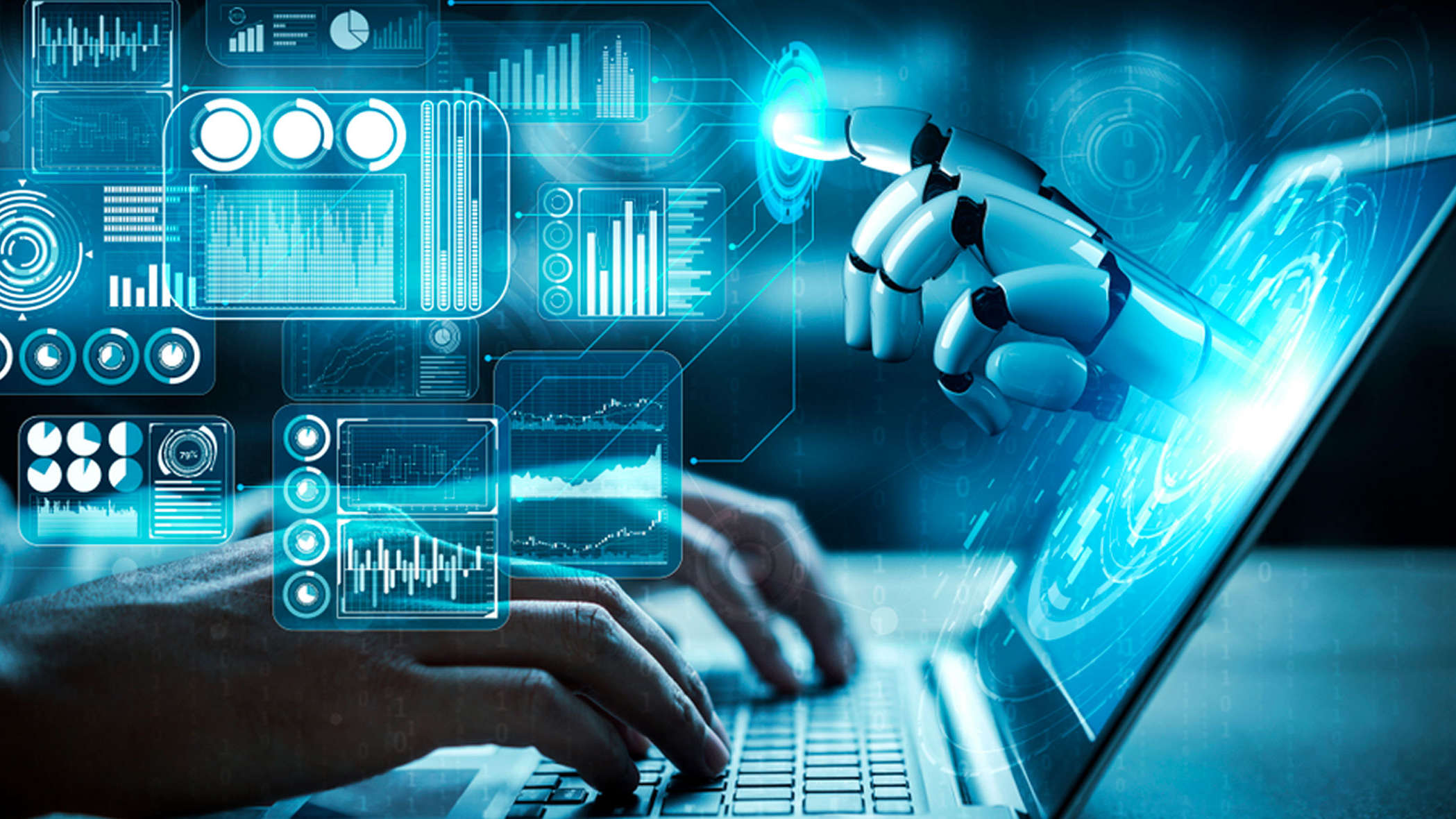I. Introduction
Established as a critical component in the tech industry, Artificial Intelligence (AI) has redefined how we interact with digital products. Every click or tap, every swipe or search can now be processed, analyzed, and leveraged to offer a unique, personalized, and seamless experience. Leading the charge with this transformative technology are AI-Powered Apps. As AI grows in sophistication and application, it ushers in a new era of intelligent, adaptive, and highly intuitive applications that will revolutionize industries, businesses, and consumer experiences.
II. Understanding AI-Powered Apps
Definition and Explanation of AI-Powered Apps
AI-powered apps are digital applications that leverage AI technology to enhance their functionality, user experience, and performance. They utilize the capabilities of AI, such as machine learning, natural language processing, and others, to make more informed and proactive decisions. These apps interpret complex data, predict future trends, learn from experience, and make human-like decisions, enabling them to become more intuitive, personalized, and capable of anticipating user needs.
How AI Works Within an App
The AI within an app works by processing and interpreting complex data to make informed decisions. It uses algorithms to identify patterns and trends in the data and then uses these insights to predict future outcomes or make decisions. This allows the app to learn from experience and improve over time, much like a human would.
For example, a shopping app might use AI to analyze a user’s past purchases and browsing history, then use this information to recommend products the user might be interested in. This enhances the user experience by making the app more personalized and intuitive and increases the app’s effectiveness and efficiency.
Types of AI Used in Apps
Various types of AI can be used in apps, each with unique capabilities and applications.
1. Machine Learning (ML)

Machine Learning is a type of AI that enables an app to learn from historical data and improve its output over time. It uses algorithms to analyze data, identify patterns, and make predictions or decisions without being explicitly programmed. This allows the app to adapt and improve over time as it gains more data and experience.
For example, a weather app might use machine learning to analyze historical weather data and make accurate forecasts. The more data it has, the more accurate its forecasts become.
2. Natural Language Processing (NLP)

Natural Language Processing is an AI area that helps an application understand and interpret human language. It can enable voice recognition, language translation, sentiment analysis, and more.
For example, a voice assistant app like Siri or Alexa uses NLP to understand spoken commands and respond in a natural, human-like way. Similarly, a translation app uses NLP to translate text from one language to another.
3. Predictive AI

Predictive AI uses historical data and machine learning algorithms to predict future outcomes. This can forecast user behavior, market trends, and more.
For example, a stock trading app might use predictive AI to forecast market trends and provide investment recommendations. Similarly, a fitness app might use predictive AI to forecast a user’s progress and recommend personalized workouts.
Each of the above types of AI has unique capabilities and applications, and they can often be used together to create more powerful and effective apps. The type of AI used will depend on the app’s purpose and the specific needs of its users.
III. The Mechanics of AI in Apps
The Integration Process of AI in Apps
The process of integrating AI into apps is a complex one that involves several steps. It begins with collecting vast amounts of data relevant to the app’s purpose. This data is then processed using AI algorithms to derive meaningful insights that can inform the app’s actions. The type and quality of data used play a crucial role in determining the effectiveness of an AI-powered app.
Role of Data in AI-Powered Apps
Data is the lifeblood of AI-powered apps. It is through data that these apps learn, adapt, and improve. The more data an app can access, its AI algorithms perform better. This data can come from various sources, including user interactions, external databases, and even real-time sensor data in the case of IoT devices. The data is then processed and analyzed, often in real-time, to provide the app with the information it needs to function effectively.
Case Study: Spotify
To illustrate the mechanics of AI in apps, let’s consider the case of the Spotify music app. Spotify uses AI to analyze user behavior, learning from their choices and suggesting songs or playlists that align with their tastes.
The app collects data every time a user interacts with it – when they play a song, skip a track, add a song to a playlist, and so on. This data is then fed into Spotify’s AI algorithms, which analyze the user’s behavior to understand their music preferences.
The AI then uses this information to make song or playlist recommendations, creating a personalized listening experience for each user. Based on their past behavior, it can even predict what music a user might want to listen to at different times of the day or week.
AI enhances the user experience and encourages users to spend more time on the app, thereby increasing engagement and revenue for Spotify.
This example demonstrates the power of AI in apps and how it can be used to create a more personalized and engaging user experience. It also highlights the importance of data in powering these AI algorithms. Without the vast amounts of user data that Spotify collects, its AI could not function effectively.
IV. Benefits of AI-Powered Apps
Increased Efficiency and Automation
One of the most significant benefits of AI-powered apps is their increased efficiency and automation. AI algorithms can handle repetitive tasks faster and more accurately than humans, freeing up time for users to focus on more complex tasks. This is particularly beneficial in business apps, where AI can automate data entry, scheduling, and even customer service through chatbots, leading to increased productivity and cost savings.
Enhanced User Experience
AI-powered apps can significantly enhance the user experience. By learning from user behavior and preferences, AI can tailor the app’s functions to each individual user, creating a more personalized and engaging experience. This can range from recommending products or content based on past behavior to adjusting the app’s interface to suit the user’s preferences. This level of personalization can lead to increased user engagement and satisfaction.
Predictive Capabilities and Personalization
AI-powered apps also have impressive predictive capabilities. They can analyze past behavior to predict future actions, allowing them to offer personalized recommendations and prompts. This can be seen in shopping apps that suggest products you might like or fitness apps that recommend workouts based on your past activity. These predictive capabilities can make the app feel more intuitive and helpful, enhancing the user experience.
Case Study: Netflix
Netflix is a prime example of an app that has seen significant benefits from AI integration. The streaming service uses sophisticated AI models to power personalized movie and series recommendations.
When a user watches a show or movie on Netflix, the app collects data on their viewing habits. This includes what they watch and how they watch – for example, whether they watch an entire series in one sitting or spread it out over several days.
This data is then fed into Netflix’s AI algorithms, which analyze it to understand the user’s preferences. The AI then uses this information to recommend shows and movies that users might enjoy, creating a highly personalized viewing experience.
This use of AI has been a critical factor in Netflix’s success, helping it to keep users engaged and encouraging them to spend more time on the app. It’s a powerful demonstration of AI’s benefits to apps and how it can create a more engaging and personalized user experience.
V. Challenges and Considerations in Developing AI-Powered Apps
Data Privacy and Security Concerns
One of the most significant challenges in developing AI-powered apps is ensuring data privacy and security. Since these apps rely heavily on user data to function effectively, they often need to collect and store vast amounts of sensitive information. This can raise concerns about how this data is used and protected. Developers must ensure they comply with all relevant data protection laws and regulations and take steps to protect user data from potential security breaches.
The Need for Large Amounts of Data and Data Management
AI-powered apps require large amounts of data to function effectively. Collecting this data can be challenging, but managing it effectively can also present difficulties. Developers need to ensure that they have systems in place to store and process this data efficiently and that they can access and analyze it quickly when needed. This often requires significant resources and expertise, adding to the complexity and cost of developing these apps.
The Complexity of AI Technology
AI is a complex field that requires a high level of expertise to understand and implement effectively. This can make AI app development a challenging and costly process. Developers need to deeply understand the various types of AI, how they work, and how they can be integrated into an app. They also need to be able to troubleshoot and refine these systems as needed, which can require significant time and resources.
Case Study: FaceApp
FaceApp, the popular app that uses AI to transform users’ faces, provides a good example of the challenges that can arise when developing AI-powered apps. The app faced significant backlash over concerns about data privacy. Users were concerned that the app was collecting more data than necessary and that this data could be used for nefarious purposes.
This case highlights the importance of transparency and trust when developing AI-powered apps. Developers need to be clear about what data they are collecting, how it is being used, and how it is protected. They also need to ensure they take all necessary steps to protect user data and comply with all relevant laws and regulations.
Despite these challenges, the potential benefits of AI-powered apps make them a worthwhile investment. However, developers need to be aware of these challenges and take steps to address them in order to create successful and trustworthy AI-powered apps.
VI. The Future of AI-Powered Apps
Looking ahead, the world of AI-Powered Apps seems poised for unprecedented growth. We will see emerging trends like more personal virtual assistants, increasingly predictive shopping experiences, and advanced health monitoring apps.
The potential impact of these trends could reshape industries, consumer habits, and lifestyles. As AI technologies evolve, AI-Powered Apps will become even smarter, more intuitive, and more beneficial to businesses and consumers. In conclusion, the dawn of AI-Powered Apps is a technological breakthrough and a transformative progression shaping a future where AI will define new standards for digital experiences.
Related read:
- How to Build Enterprise AI Solutions: 12 Powerful Steps
- 6 Powerful Steps for GPT App Development: A Comprehensive Guide
- AI-Powered SaaS: Unleashing Incredible Business Potential
- How Open-Source LLMs are Democratizing AI
Custom AI App/Solution Development
Take your business operations to the next level with our robust, tailor-made AI solutions. Our extensive experience in enterprise solutions and AI training guarantees a high ROI and efficient implementation within a predetermined timeframe and budget.
Let us know your requirement and get a free 30-minute consultation!
Frequently Asked Questions
1. What is an AI-powered app?
An AI-powered app is a digital application that utilizes Artificial Intelligence (AI) technologies to enhance its functionality, user experience, and performance. These apps leverage AI’s ability to interpret complex data, predict future trends, learn from experience, and make decisions similar to human decision-making. This enables the apps to become more intuitive, personalized, and capable of anticipating and responding to user needs in a proactive manner.
2. How does AI enhance the functionality of an app?
AI enhances the functionality of an app by enabling it to learn from user interactions and improve over time. It allows the app to analyze and interpret complex data, make informed decisions, and predict future trends. This can lead to a more personalized and intuitive user experience, as the app can adapt to individual user preferences and anticipate their needs. AI can also automate repetitive tasks, increasing the app’s efficiency and allowing users to focus on more complex tasks.
3. What types of AI are commonly used in apps?
There are several types of AI commonly used in apps. Machine Learning (ML) allows an app to learn from data and improve its performance over time. Natural Language Processing (NLP) enables an app to understand and interpret human language, facilitating user interactions. Predictive AI uses historical data to forecast future outcomes, such as user behavior or market trends. The specific type of AI used in an app depends on the app’s purpose and the needs of its users.
4. What are the benefits of AI-powered apps?
AI-powered apps offer numerous benefits. They can provide a more personalized and intuitive user experience by adapting to individual user preferences and anticipating their needs. They can also increase efficiency by automating repetitive tasks and making informed decisions based on data analysis. Additionally, AI-powered apps have predictive capabilities, allowing them to forecast future trends or user behavior. These benefits can lead to increased user engagement, improved app performance, and potential cost savings.
5. What challenges do developers face when creating AI-powered apps?
Developers face several challenges when creating AI-powered apps. Ensuring data privacy and security is a major concern, given the extensive use of user data. Collecting and managing large amounts of data can also be challenging, as can understanding and implementing complex AI technologies. Developers also need to consider the ethical implications of using AI, such as the potential for bias in AI decisions and the impact of automation on jobs.
6. What does the future hold for AI in mobile apps?
The future of AI in mobile apps looks promising, with new advancements and applications emerging all the time. We can expect to see more personalized and intuitive user experiences as AI becomes better at understanding and anticipating user needs. We may also see more advanced predictive capabilities as AI algorithms become more sophisticated. However, as AI becomes more prevalent, issues around data privacy, security, and ethics will become increasingly important. Developers must navigate these challenges carefully to ensure the successful and responsible use of AI in their apps.
